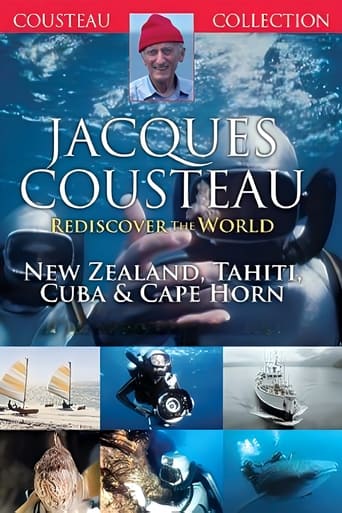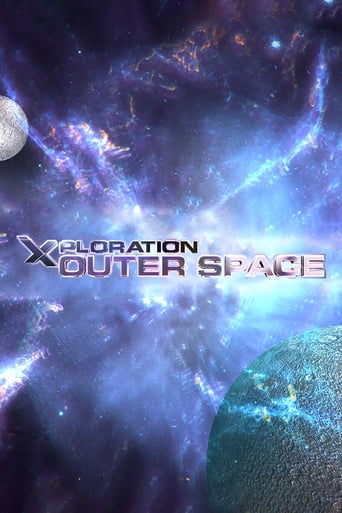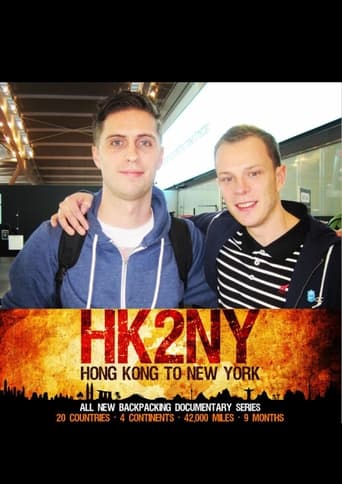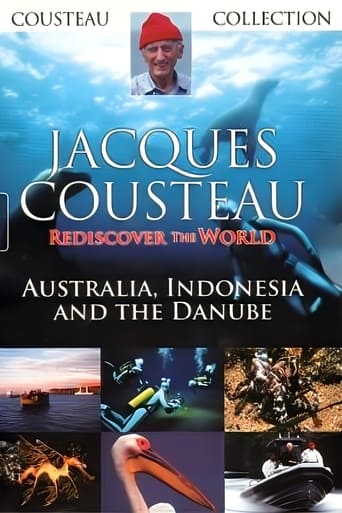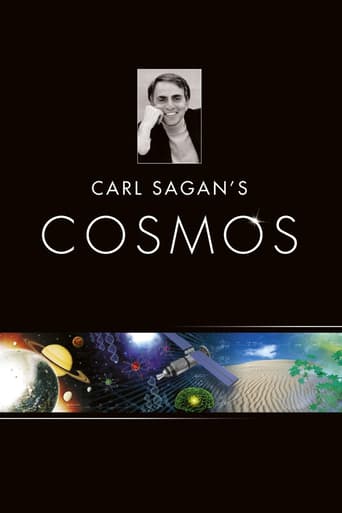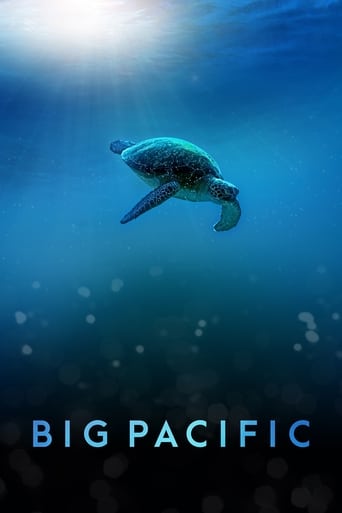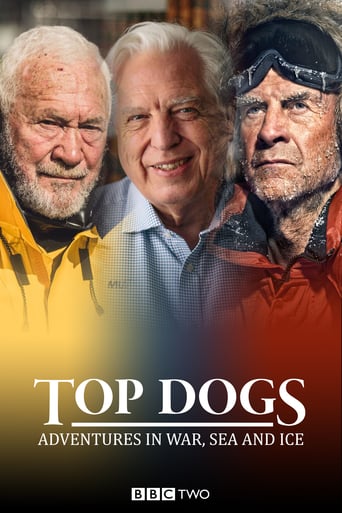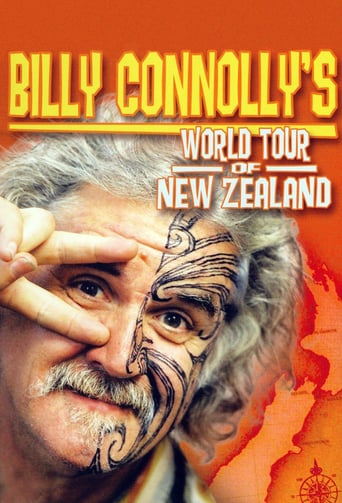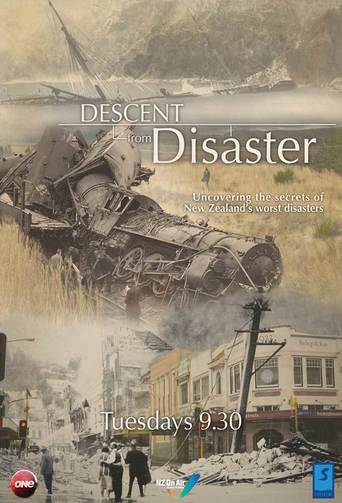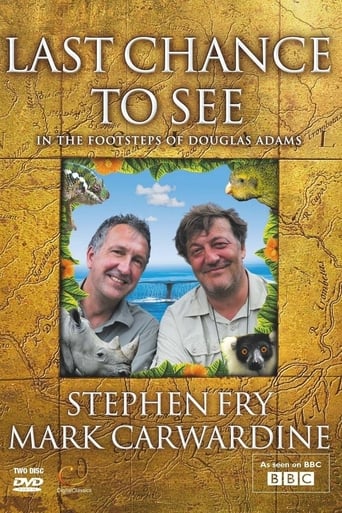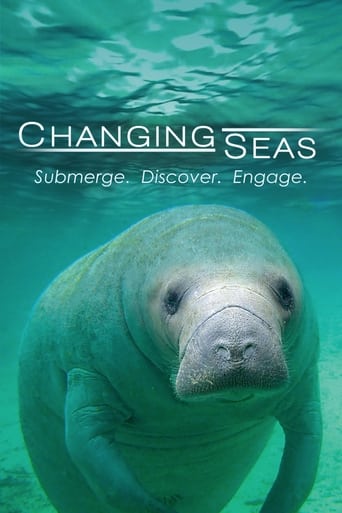Season 1
Jacques Cousteau: Rediscover the World | New Zealand, Tahiti, Cuba, & Cape Horn Season 1
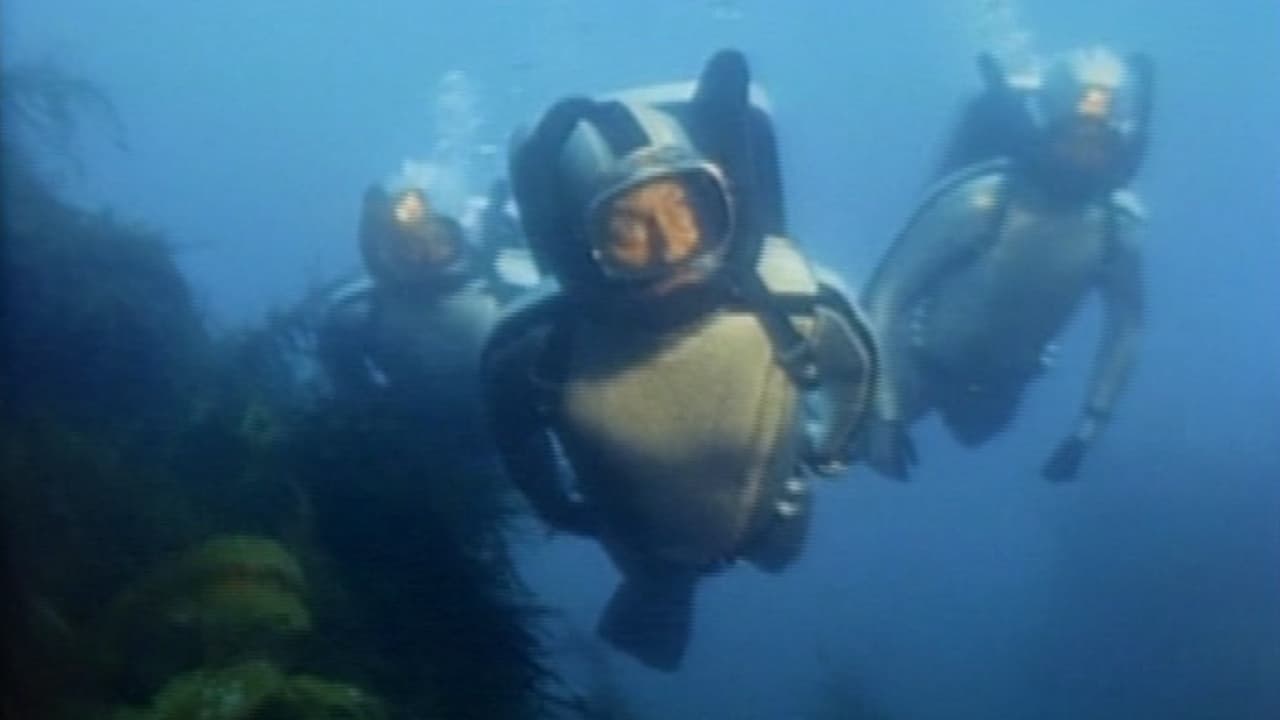
Oceanographer Jacques-Yves Cousteau and the Calypso set sail to research far-off cultures and species of aquatic fauna and flora in another of the explorer's nature series, mainly in the Pacific Ocean and in the West Indies.
Watch NowWith 30 Day Free Trial!
Jacques Cousteau: Rediscover the World | New Zealand, Tahiti, Cuba, & Cape Horn
1986
Oceanographer Jacques-Yves Cousteau and the Calypso set sail to research far-off cultures and species of aquatic fauna and flora in another of the explorer's nature series, mainly in the Pacific Ocean and in the West Indies.
Watch Trailer
Jacques Cousteau: Rediscover the World | New Zealand, Tahiti, Cuba, & Cape Horn Season 1 Full Episode Guide
Tahiti, once a South Pacific paradise, has gradually fallen prey to tourism, technology, and most frightening of all, the nuclear weapon. Whilst exploring the famed underwater MacDonald Seamount, the Cousteau divers are startled by a pre-eruption quake which is a live demostration of the forces that created the Tahitian islands. The Cousteau team dive with local fishermen hunting for the precious black pearls. Captain Cousteau investiagtes the rationale behind the underground nuclear tests taking place around the island of Mururoa.
New Zealand, an island of three climates, sub-Antartic, temperate and sub-tropical. An island of fire, ice and earthquake. Captain Cousteau and team journey to New Zealnd's furthermost points: White Island with its still alive volcano: North Cape where the Cousteau divers discover a harmonious ecosystem: Fjoriand where, by helicopter, the team follows the beautiful deer.
Captain Cousteau recognizes and discusses the problem of fishing around the coast of New Zealand. The Calypso divers meet the endangered elephant fish and film families of sea-lions. The Cousteau team also takes an interest in the plight of the first inhabitants of New Zealand - the Maori.
Captain Cousteau and his team rediscover New Zealand. The Calypso travels around its coastline whilst a land team crosses more than 42,000 kilometres of countyside. New Zealand extends from the sub-tropical zone to the sub Antartic and, therefore, has an immensely varied fauna and flora. The team discover amongst the wonders of New Zealand: the Argonaut, the kiwi, black coral, and the giant moa.
Over the centuries the riches of the Channel Islands have drawn fishermen and seal hunters. However, man the exploror and hunter is becoming more of man the protector. The natural environment and the rare animals, thought to be almost extinct, are beginning to reappear - seals, garibaldis, foxes. However, scientists have been unable to find a single fish uncontaminated by the toxic wastes from Los Angeles. Jean-Michel Cousteau appears before a congressional hearing to air his observations and recommendations on the Channel Islands. A new oceanic policy is now under consideration.
The Channel Islands lie a few hours from the coast of California. Islands that have remained almost unchanged from prehistoric times due to the rocky coastlines and the violent sea. Divers from the Alcyone discover grey whales, carnivorous sea-otters, angel sharks, langouste, and lamp-fish. A rich and fertile sea life now threatened by commercial and sporting fishermen.
The Cousteau team on board the Calyspo set sail for the South Pasific and the Marquseas Islands. Once hearty and independent, the people suffered death and destruction under the Spaniards and the Missionaries. Today, these fiercely proud people remain linked to the ancient rituals and customs of the past. The Cousteau cameras capture the beauty of the Marquesas from the highest waterfall in the Southern Hemisphere to mountain streams teeming with blue tropical fish.
Captain Cousteau and the crew of the Alcyone head northward from Cape Horn to investigate Mexico's fabled Sea of Cortez. The youngest and deepest of all the world's ocean gulfs; the seas is risch with marine creatures - birds and sea lions, fish and mammals. The Cousteau team compile the first complete record of the feeding behaviour of the elusive finback whale, the mating of the mama rays and spawning rites of the grunion.
Alcyone's debut and its first major test as a research and diving platform sharing duties with the Calypso. Alcyone and her team challenge the seas of Cape Horn, widely thought to be the most dangerous ocean passage in the world. The team film huge glactiers, giant crabs, huge albatrosses and tiny penguins. Alcyone herself nearly joins the victims of The Horn when she strikes a hidden rock.
The Cousteau team discover in the waters around Cuba a richness that divers have not seen in any other part of the Caribbean Sea for at least twenty years. The team film the strange vertical position of the shark whale whilst feeding. Captain Cousteau also discovers in President Fidel Castro a common love of the sea.
When Christopher Columbus discovered Haiti in 1492 he described a different Haiti, an island that has suffered centuries of exploitation and people who now live in the misery of over-population.
Free Trial Channels
Seasons


